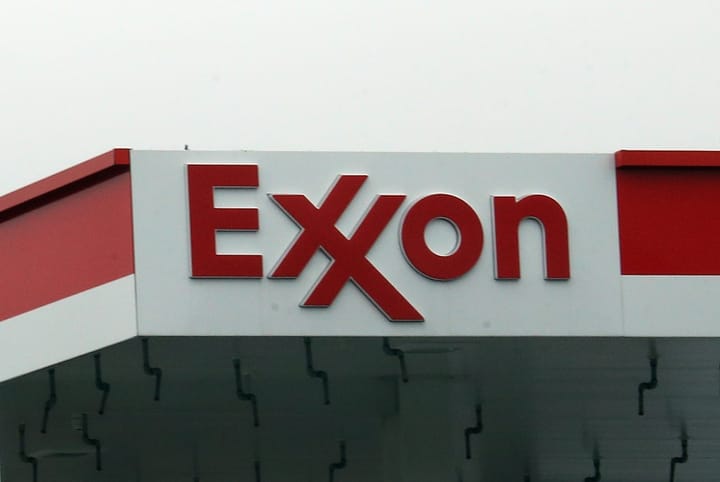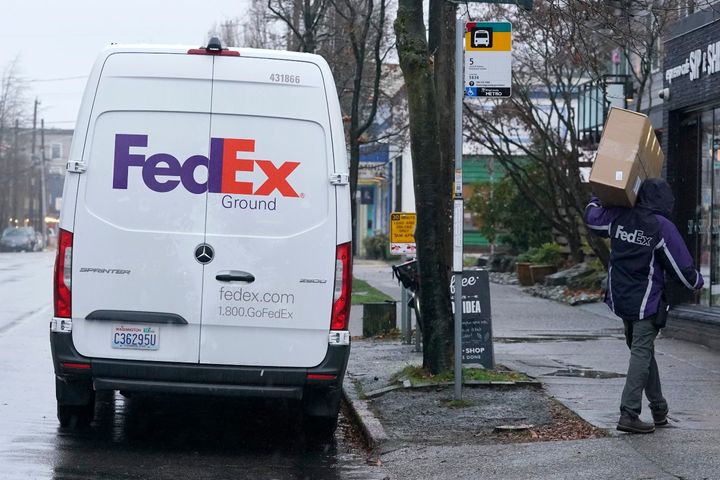Over the past few years, large companies have come under pressure from activists to reckon with their environmental impacts—for example, to disclose the climate footprint of their operations, or address the ways their industry groups lobby against climate policy.
Around 1,309 institutional investors and 58,000 individual investors have divested about $5.2 billion from fossil fuel industry assets, according to the Fossil Free campaign, a project of the nonprofit 350.org. Many investors have signed-on to a plan to reinvest in fossil-free funds aligned with principles like social equity and ecological well-being.
Financial institutions have in the past declared their support for climate action, as a group of big banks did just before the December 2015 Paris Agreement, only to continue to funnel investment to the fossil fuel industry. In the four years since the Paris Accord, from 2016 to 2019, nearly three dozen banks gave lending and underwriting totaling $2.7 trillion to the fossil fuel industry, according to a report last year by Rainforest Action Network and other environmental groups.
During that time, JP Morgan Chase was the world’s largest funder of fossil fuels, with over $268.5 billion in financing for companies profiting from extractive energy practices. Last year, activist shareholders called on Chase to disclose the emissions from its lending at its May general meeting, but their initiative fell just short of being approved, with a preliminary 48.6% support. Danielle Fugere, president of the corporate responsibility nonprofit As You Sow, said of the vote, “Shareholders today sent the message that it is past time for Chase to catch up with its peers, implement a strategy to decarbonize and de-risk its lending portfolio, and help build a more secure future for all.” Similar shareholder initiatives to act on climate were pursued in Europe and the U.S. at Chevron, ExxonMobil, Duke Energy, and Shell.
The U.K. charity InfluenceMap released a new report today on how corporate lobbyists supported the creation of rules in the final year of the Trump administration that make it more difficult for activists to submit shareholder resolutions. The report evaluates the lobbying activity for and against three federal rules that would curb efforts in ESG investing, a voluntary term that stands for the consideration of “environmental, social, and governance” factors.
A rule change adopted by the Securities and Exchange Commission (SEC), called the Modernization of Shareholder Proposal Rule, increases the barriers for shareholders who want to submit proposals to be voted on at shareholders’ meetings. Two rules adopted by the Department of Labor limit the use of ESG investments in retirement plans and restrict fiduciaries’ ability to vote on ESG issues.
The fossil fuel industry and corporate trade associations that represent big businesses largely supported the Trump administration rules, while many smaller asset managers opposed the changes.
Read the full post at The Brick House Cooperative.


